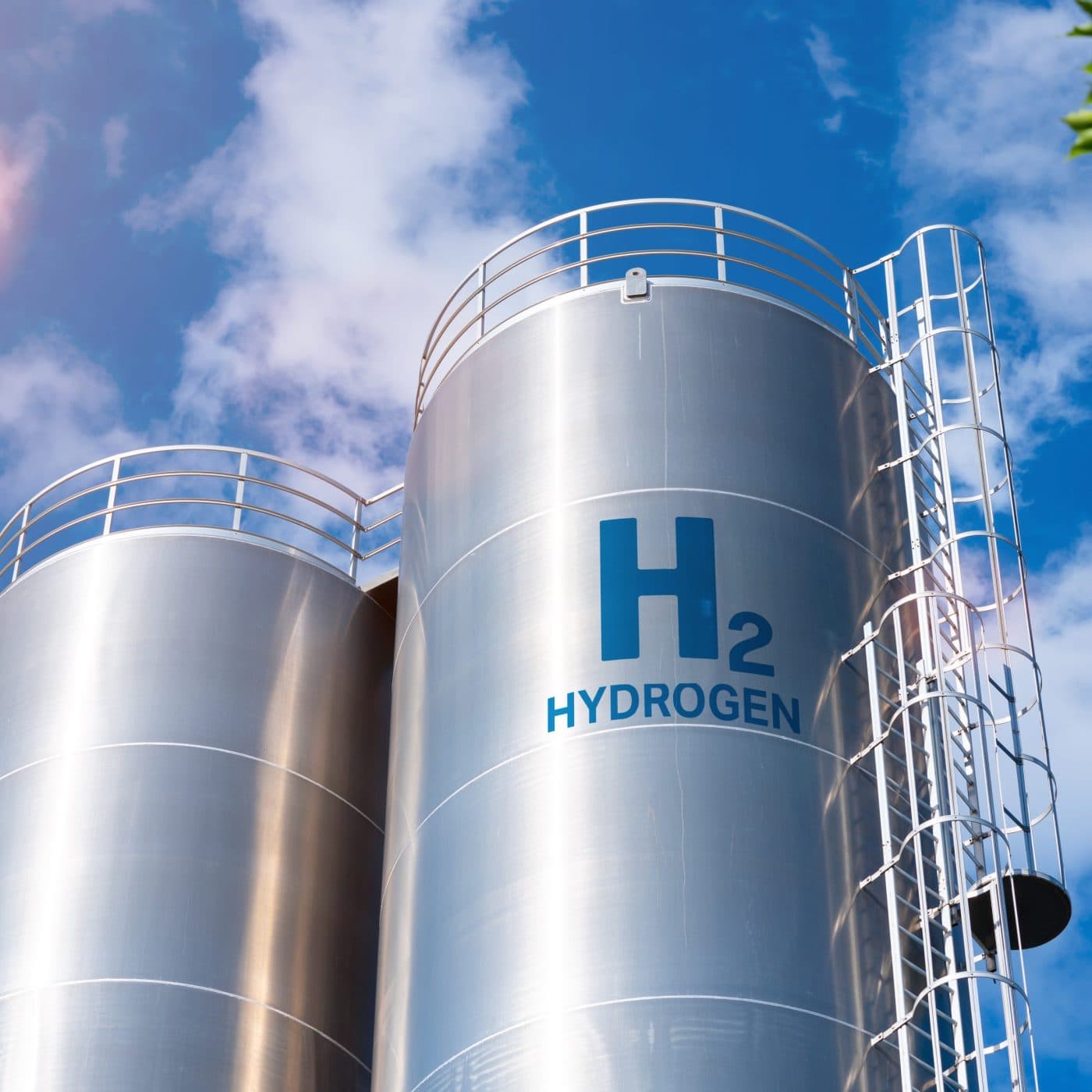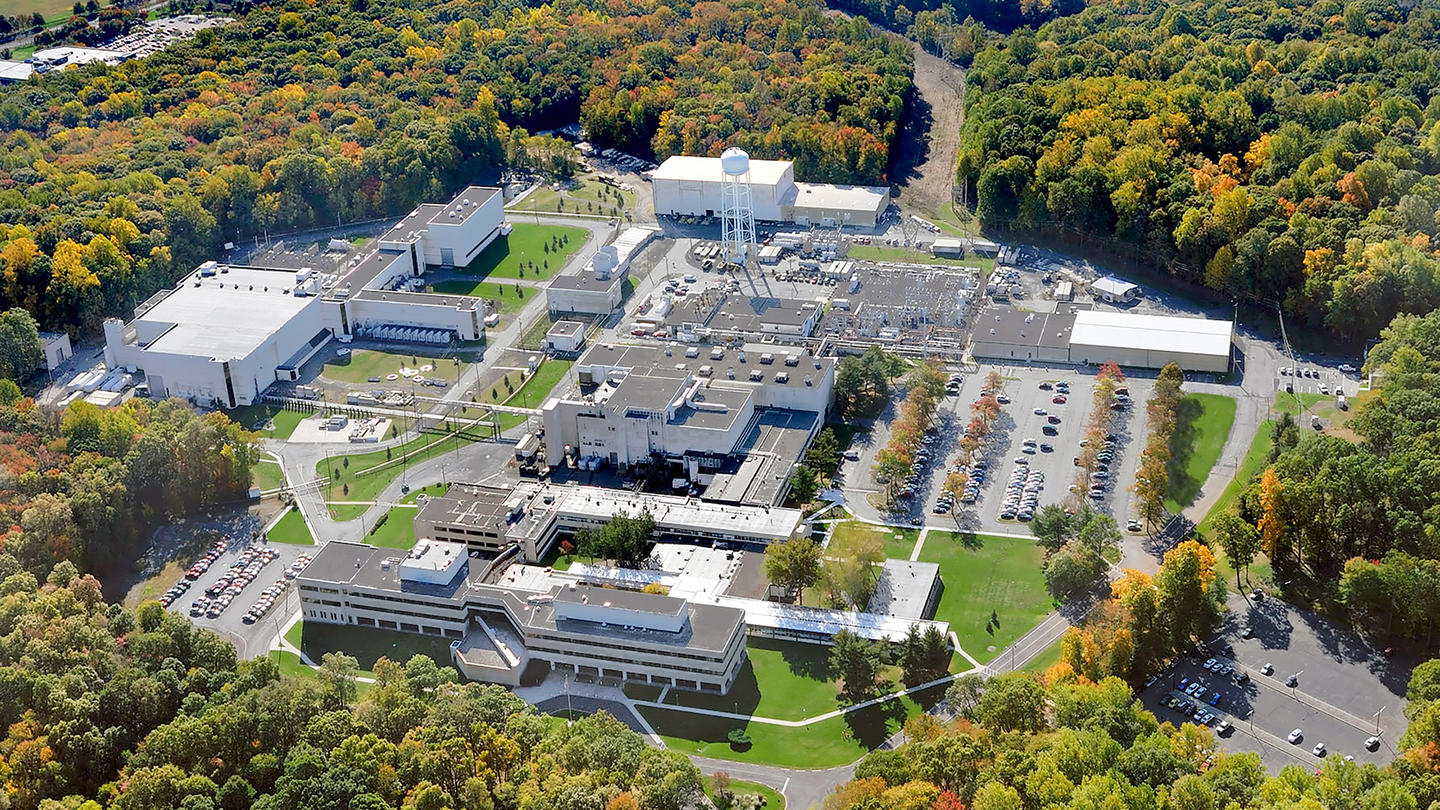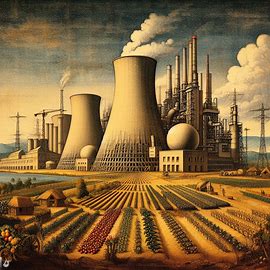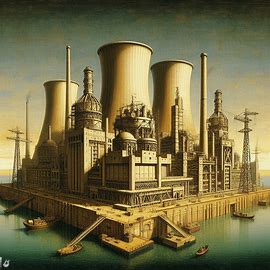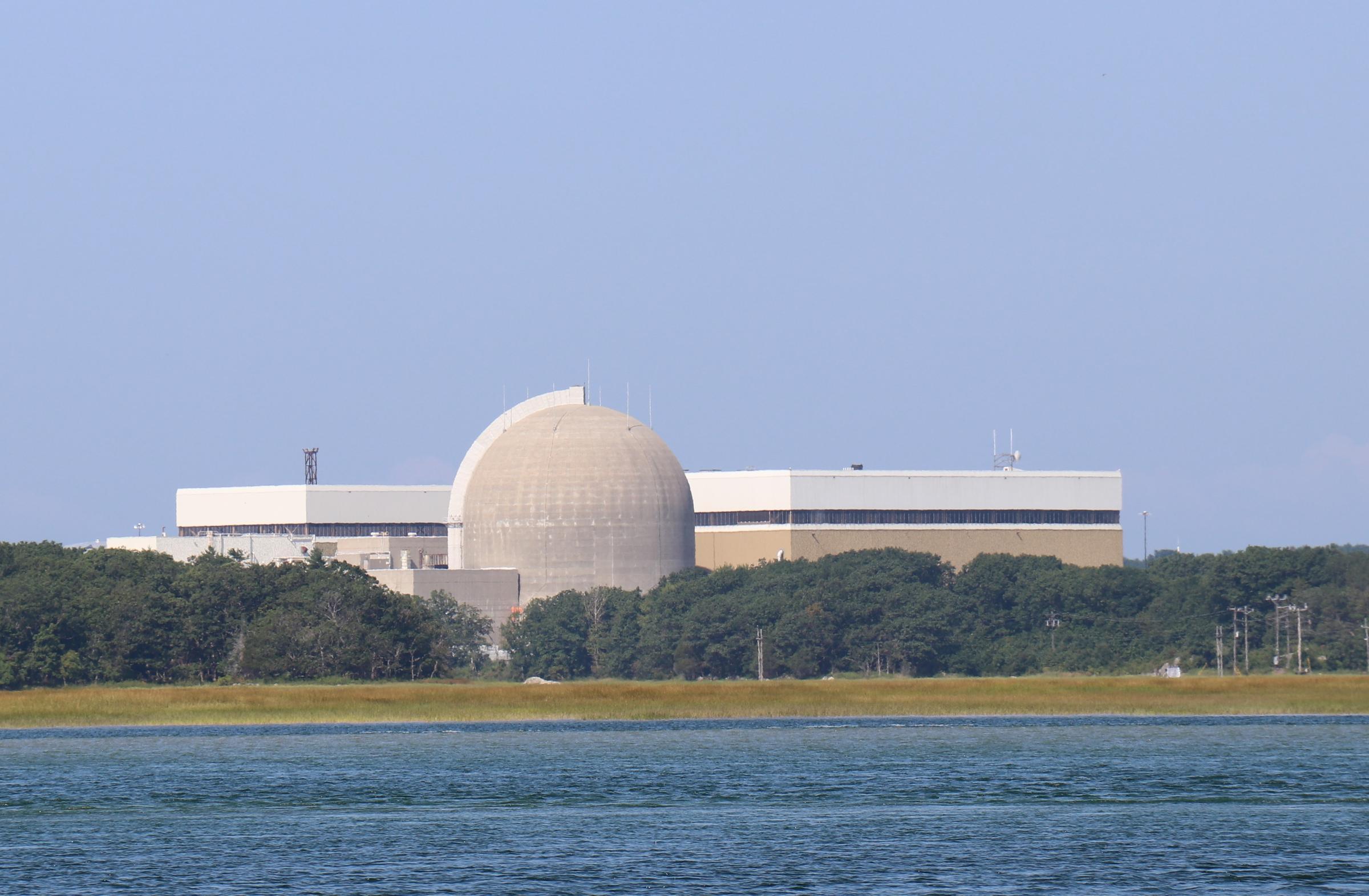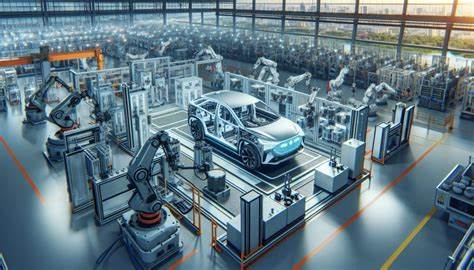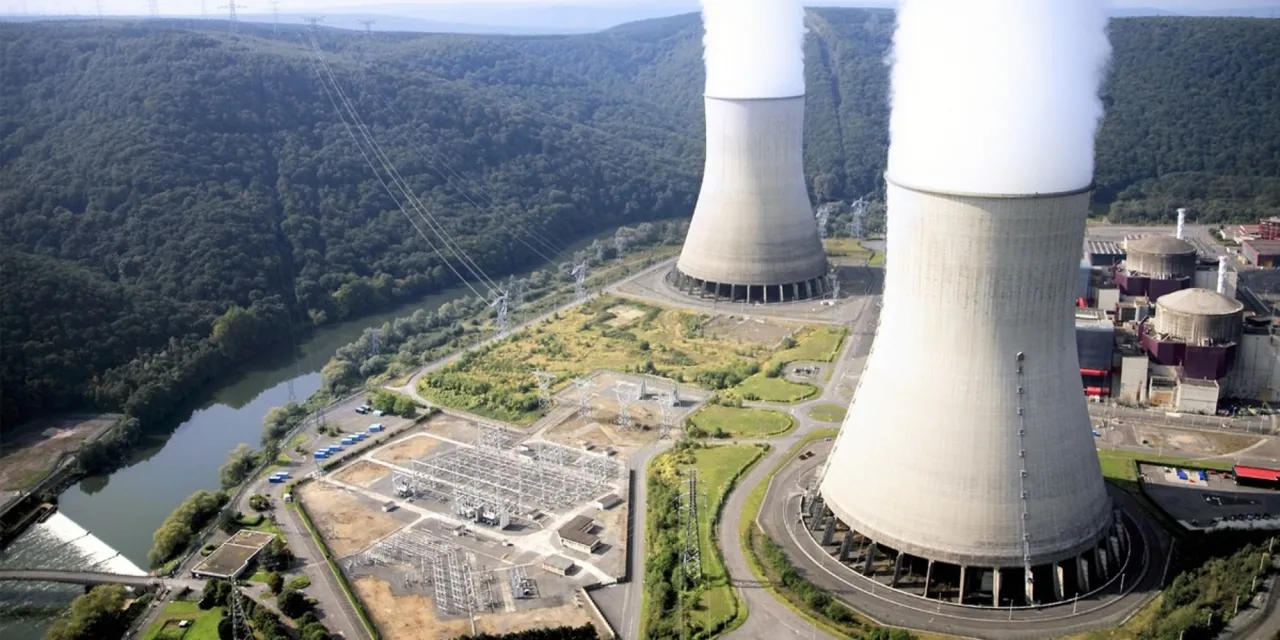
As France gears up for a crucial parliamentary debate on its energy future, Energy Transition Minister Agnes Pannier-Runacher has ignited the nuclear discussion by suggesting the need for up to 14 new reactors. In a recent interview with La Tribune Dimanche, Pannier-Runacher emphasized the importance of expanding France’s nuclear capacity beyond the initially planned six new plants. This bold vision aligns with President Emmanuel Macron’s commitment to carbon neutrality by 2050, positioning nuclear power as a central pillar of the nation’s energy strategy.
The Call for Additional Nuclear Reactors:
France’s energy landscape is at a crossroads, and Pannier-Runacher argues that the existing plan for six European Pressurised Reactors (EPRs) may fall short of meeting the nation’s future needs. She underscores the imperative to diversify energy sources, aiming to decrease France’s reliance on fossil fuels from 60% to 40% by 2035. Pannier-Runacher believes that, beyond 2026, the country will require an additional 13 gigawatts, equivalent to eight EPRs, to sustain its energy demands.
President Macron’s Nuclear Vision:
President Macron’s commitment to nuclear power as a key driver of carbon neutrality has been evident since 2022. His ambitious plan involves the construction of six new EPR reactors, with studies underway for an additional eight reactors. This move underscores France’s determination to secure its energy independence and reduce carbon emissions. The new plants will be spearheaded by state-controlled energy provider EDF, with substantial public financing earmarked to ensure project viability and safeguard EDF’s financial stability.
Debating the Future Energy Strategy:
The proposed energy strategy, encompassing both nuclear expansion and a significant boost to renewable energy, is set to be debated in parliament later this month. Pannier-Runacher anticipates that the need for more than 14 EPRs could become a compelling point of discussion among lawmakers. Balancing nuclear power with a substantial increase in renewable energy capacity reflects France’s commitment to a diversified and resilient energy mix.
Challenges and Opportunities:
While the vision for a nuclear-centric energy future holds promise, it is not without challenges. Financing, regulatory frameworks, and public acceptance will play pivotal roles in the realization of these ambitious plans. President Macron’s decision to extend the lifespan of existing nuclear plants and accelerate the development of solar and offshore wind power reflects a holistic approach to energy policy.
France’s Leadership in Nuclear Innovation:
France’s potential for nuclear expansion positions it as a global leader in nuclear innovation. The commitment to advanced reactor technology, coupled with a robust legal framework, could set a precedent for other nations grappling with energy transition challenges. The success of this strategy would not only secure France’s energy future but could also establish the country as a trailblazer in the global pursuit of clean and reliable energy.
As France stands on the brink of a parliamentary debate that will shape its energy future, the call for additional nuclear reactors signals a bold commitment to a diversified and sustainable energy landscape. Minister Pannier-Runacher’s vision aligns with President Macron’s ambitious goals for carbon neutrality, emphasizing the pivotal role of nuclear power in achieving these targets. The ensuing debate will not only determine France’s energy trajectory but could also influence international discourse on the pivotal role of nuclear energy in addressing the challenges of the 21st century.
